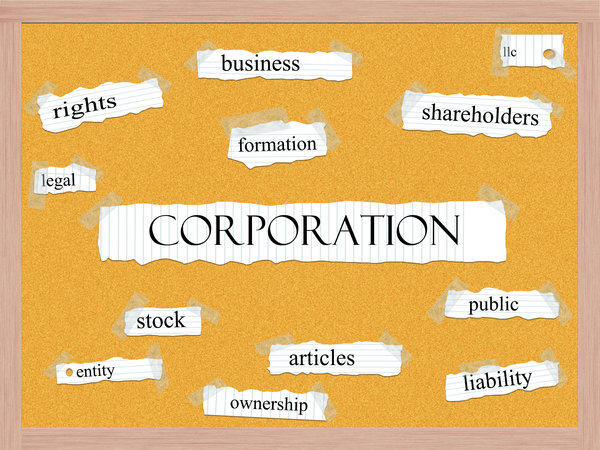One question we are often asked is, “What type of business entity should I set up?”
The answer is always, “It depends.” There are implications that have to do with the type of business entity you establish, whether you declare yourself to be a sole proprietor, an LLC, or S-Corp. Different levels of government also calculate into this decision. You need to consider how the federal, state, and local governments handle each of these types of businesses.
Crowd-sourcing Your Business Knowledge
One mistake people make in this regard is that they decide on the type of entity to set up based on what their friend did or what they heard about on a webinar. But If your friend lives in Florida and you live in Oregon, the laws and taxes are going to be vastly different. Instead of just doing what your friend did, take time to investigate the business climate where you are or where you want your business to be based.
Before you choose a business entity to set up your startup, you need to understand how each of these will impact your business and you personally. The first two broad areas you need to consider are: (1) the legal ramifications, and (2) the tax ramifications.
Things You Should Know
Under the legal aspects to be considered are:
- Asset protection
- Industry compliance
- Business activity
The taxes you are charged are variable, based on:
- Your federal taxes
- Your state taxes
- Your local taxes
One Size Doesn’t Fit All
Whatever business entity you determine is correct for you, be aware that it is never “one size fits all.” Everyone’s decision is based completely on their own circumstances.
We had a couple, who were our clients, living in California. They had become convinced that they needed to set up an LLC. Their business had performed well, they had made money, and they had purchased a lot of personal assets as a result. They were concerned that without the asset protection of an LLC, their house, their car, and all of their other possessions were at risk.
We evaluated their business, looked at the laws in their area, and what tax liabilities they currently have and how the change would affect them. They were originally set up as a sole proprietorship/husband and wife partnership. However, we discovered that changing their business to an LLC would make them liable for an enormous California franchise tax that they currently did not have to pay.
Because of this new tax liability, it made little sense to change to an LLC. We were able to enroll them in an insurance program to protect their assets, and they remained a husband and wife partnership set up as a sole proprietorship.
Know What You‘re Getting Yourself Into
Some business owners want to start an S-Corp, thinking this will somehow make their small one-man operation seem more legitimate. However, there can be burdensome aspects of an S-Corp you may not know about. For instance, S-Corps cannot allow its principals to take cash draws on equity. Money taken for personal use has to be paid as salary and be processed through payroll. Even the sole owner/employee of an S-Corp has a salary rather than taking cash out of the business.
Sometimes business owners try to skirt unfavorable local or state laws by filing their business applications in another state. However since they still have a physical presence in their state, they are often required to file there as a “foreign entity.” This makes them subject still to the same unfavorable laws and taxes they were trying to avoid. Not all states have this requirement, but many do. Incorporating in another state may not help.
Paying Out the Nose for Discount Legal Advice
What often happens is that an entrepreneur goes to a site that offers discount legal services and place an order like they were at a McDonald’s drive-through window. What they don’t understand is that are basically agreeing that they understand everything they need to know to make the decision that is best for them and their business. Practically all of the discount legal services will carry a similar disclaimer like, “YOU WILL HOLD (NAME OF DISCOUNT LEGAL SERVICE) AND ITS OFFICERS, DIRECTORS, EMPLOYEES, AND AGENTS HARMLESS FOR ANY INDIRECT, PUNITIVE, SPECIAL, INCIDENTAL, OR CONSEQUENTIAL DAMAGE.” Basically, they’re telling you, “If you screw up, it’s not our fault!”
To make these complicated decisions for your business, don’t rely on what your brother-in-law tells you (unless he is a specialist in business and tax law). Get professional help to ensure you making the right decision.
The Bottom Line
When you're trying to decide which business entity is best for you, consider the federal, state, local, legal and financial implications for your business. Consult your accountant or tax professional before making, what could be, a costly financial mistake.
Your Turn
How did you decide on what type of business entity to set up?

